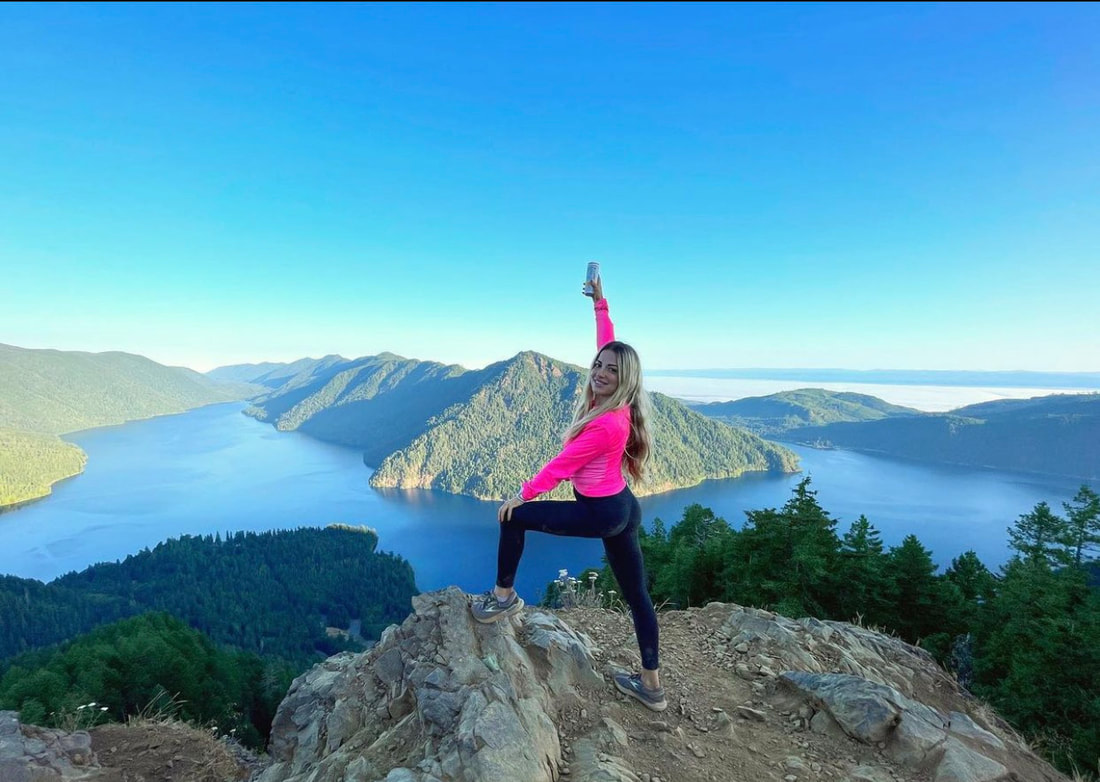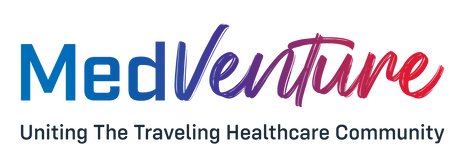|
Imagine waking up each day not being able to see properly and having no access to an eye doctor or the means to purchase a proper pair of prescription eye glasses. Imagine having a bad headache or becoming sick with the flu and not having access to basic medications like Tylenol or ibuprofen that most Americans always have stocked in their cabinets. Imagine never seeing a doctor your whole life for a check-up or having the most basic medical care available to you. These are things that we can’t imagine living in the United States and many other privileged countries in the world, but in many underdeveloped and underserved regions of the world these simple things would be considered a luxury. In the beginning of December of 2021, I ventured off to the Dominican Republic with a group of 16 other travelers on a mission to help one of those underserved communities. The group consisted of mostly nurses, but an EMT and a physical therapist joined along for the journey. The project was called Stronger Together, and it was organized by the founders of Medventure, Travel Nurse Takeover, and the 4North Project which is a grassroots organization that works to help underserved communities. Matt Gewerts, one of the founders of the 4North Project eagerly welcomed all of us into his guest home in the city of Bani. All of us packed into the bunk beds of the guest house, shared the bathrooms, and congregated in the kitchen, living room, and patio planning our days. Once we settled into the house, we all packed into a bus the next day to tour the community of Galeon where we would be setting up a two-day pop-up medical clinic to provide basic healthcare services for free to anyone in the community who wanted to come. As I looked out the windows of the bus driving down roughly paved roads, I was shocked at what I saw. Trash littered the side of the road in every direction. Some people were living in what looked like tin huts or tiny houses constructed from pieces of wood or tree branches. Even the “nicer” houses were in rough condition, with splitting wood and peeling paint. Many of these houses were lacking reliable running water and electricity, and if there was running water available, it was certainly not safe to drink. This was not what I initially imagined when I thought about what the Dominican Republic would be like. We stopped by one of the few medical clinics in Galeon to take a tour. Inside there were limited supplies, and certainly no modern medical equipment or technology. There were a few rooms that had small stretchers. I couldn’t even recall seeing blood pressure cuffs, thermometers, otoscopes, or any of the other basic medical supplies one would expect to see in a clinic or doctor’s office. There were a couple of nurses outside but no doctor on-site at the time. We toured the school in Galeon where would be setting up the medical clinic. Children played outside in the dirt and played their own version of baseball with a stick and limes from a tree. The classrooms had old chalk boards and old desks, some broken. I was already so humbled by what I saw this first day. That night we crowded in the living room of the guest house talking about the plans for the medical clinic which would be launching the next day. We had a little teaching workshop in the garage with Dr. Gordon Mendenhall who taught us how to do basic eye exams on the patients to determine what type of prescription glasses they would need. Dr. Mendenhall is medical missionary who has performed eye exams and provided prescription glasses to an innumerable amount of people across the world to underserved communities. He came prepared on this trip with a few suitcases full of supplies for the eye exams and hundreds of donated pairs of prescription eyeglasses. The next day we crowded into the bus again and took off for Galeon which packed lunches and supplies in hand to set up the medical clinic at the school. We set up rooms for the various medical services we would be providing. There was a room for basic physical therapy, a room for the eye exams, a room to get vital signs and blood sugars checked and receive basic health education. A station was set up for basic wound care. There was also a check-in station and a room to disperse basic medications like Tylenol or allergy medication, or ibuprofen. Medication was stocked for children and adults. This room is also where people picked up the proper prescription glasses after their eye exams. Each of us volunteers cycled through the stations throughout the two days, working with interpreters from the English Academy in Bani who volunteered their time to help translate from English to Spanish throughout the clinic. It was eye-opening to listen to people’s stories and medical concerns, to listen them talk about how they never have to opportunity to go to the doctor. I remember when I performed eye exams for people on the first day, how elated their faces became when I placed the proper prescription glasses on them and they could see clearly for the first time in many years; some of them for the first time in their entire lives. People who had suffered from chronic pain were working with the physical therapist Dr. Ohmes to do basic exercises that will help alleviate their pain and improve their mobility and basic functionality. There were some people who showed dangerously high blood pressures whom we had to advise to visit a hospital. I remember one patient in particular who walked in, and I immediately noticed her balance was severely impaired. When speaking to her, she informed me she had a horrible migraine a year ago and then lost her vision and balance and could only see shadows ever since. With my background in neuro, I immediately suspected she may have suffered a stroke back then and now has residual deficits. Her blood pressure came back alarmingly high which is one of the biggest risk factors for having a stroke. At the end of the two days of the pop-up clinic, we had served over 300 people in the community of Galeon. Many of them walked miles to come to the clinic, some holding their children, some walking arm-in-arm supporting their elderly family members on the journey. One elderly woman in particular walked feebly across the field to the clinic with her family members supporting her arm and arm. She was blind and had wounds on both legs and could barely speak. Many of us held her hand and sat with her and her family as we dressed her wounds. That moment was one of the most defining and humbling moments of the trip for me. Two of my favorite quotes by Gandhi are “The best way to find yourself is to lose yourself in the service of others” and “Be the change you want to see in the world.” Embarking on this journey to the Dominican Republic reminded me that each of us has the power to make a positive change in this world, and it all begins within. The 4 North Project, MedVenture, and Travel Nurse Takeover have more plans for pop-up medical clinics in the Dominican Republic in the future. One of the major keys to change is sustainability, and over time with hard work, passion, and dedication these efforts will cause permanent, positive change in the Dominican Republic and possibly other countries in the future. I am forever grateful and changed in the best of ways because of this experience, and I would absolutely do it again. Written By: Courtney Aragon, Travel RN
0 Comments
Leave a Reply. |
Archives
October 2023
|


 RSS Feed
RSS Feed


